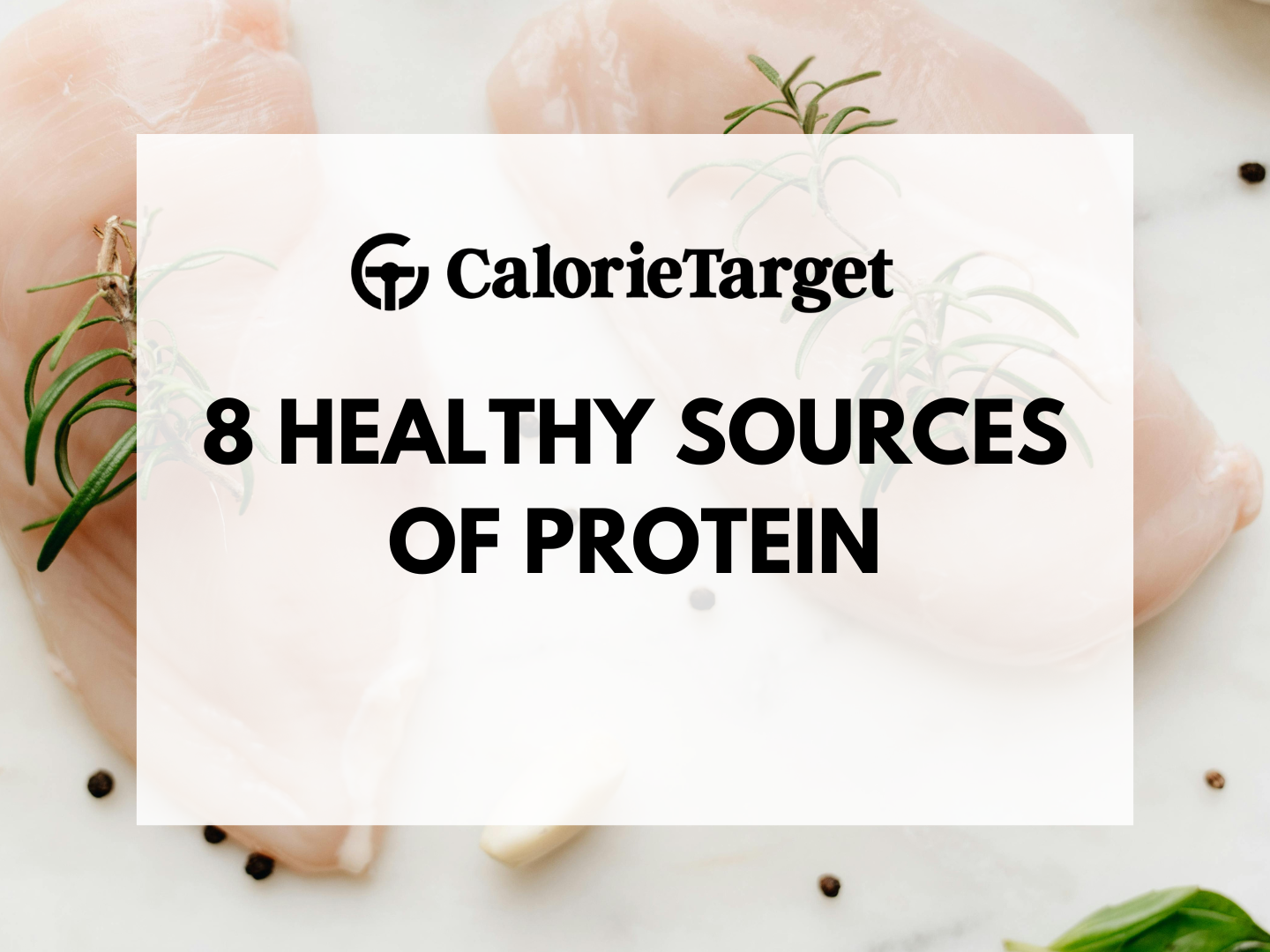Proteins are often considered the foundation of nutrition and play important roles in a variety of bodily functions, including muscle repair, hormone production, and enzyme activity. Ensuring adequate protein intake is essential for overall health, and there are many nutritional sources that provide additional valuable nutrients. Here we take a closer look at some of the healthiest protein sources you can incorporate into your diet.
chicken breast
Protein content: 30g per 100g
Calories: 195 calories per 100 grams
Chicken breast is popular among health-conscious people because it is low in fat and can be used in a wide variety of dishes. It is rich in B vitamins, phosphorus, and selenium, which support energy metabolism, bone health, and immune function.
Grilled chicken breasts can be added to salads, paired with roasted vegetables, or added to stir-fries for a balanced, protein-rich meal.
Quinoa
Protein content: 8 grams per cup of cooked quinoa
Calories: 229 calories per cup of cooked quinoa
Quinoa is known as a complete protein source containing all nine essential amino acids. It’s also a good source of fiber, iron, magnesium, and antioxidants, making it a healthy source of protein to add to your diet.
Use quinoa as the base for a protein-rich salad and pair it with black beans, corn, and a tangy lime dressing for a refreshing and nutritious meal.
Tempe
Protein content: 18 grams per 100 grams
Calories: 196 calories per 100 grams
Tempeh, a fermented soy product, provides a great boost of protein along with probiotics that benefit gut health. It’s also a great source of calcium, iron, and beneficial phytochemicals, which support bone health and reduce inflammation.
Tempeh can be stir-fried with vegetables and soy sauce for a savory stir-fry, or added to sandwiches for a crunchy, nutritious filling.
lentils
Protein content: 16 grams per cup of cooked lentils
Calories: 323 calories per cup of cooked lentils
Lentils are a versatile and economical plant-based protein source rich in fiber, folate, and potassium. It supports heart health and digestive health and is an essential part of many diets.
Prepare a hearty lentil soup with a variety of vegetables and spices to create a nutritious and comforting meal that supports heart health.
almond
Protein Content: 6 grams per serving
Calories: 162 calories per serving
Almonds are a convenient snack that provide you with enough protein, healthy fats, and essential nutrients such as vitamin E and magnesium. It improves heart health and helps you feel fuller longer.
Sprinkle chopped almonds on top of your morning oatmeal or yogurt to add crunch and a protein boost to your breakfast.
greek yogurt
Protein Content: 5 grams per serving
Calories: 140 calories per serving
Greek yogurt is known for its high protein content and beneficial probiotics that aid digestion and support immune function. It’s also a good source of calcium and vitamin B12, which are essential for bone health.
Create a nutritious parfait by layering Greek yogurt, fresh berries, and granola for a protein-rich breakfast that supports digestive and immune health.
egg
Protein content: 6 grams per large egg
Calories: 74 calories per large egg
Eggs are a complete source of protein and provide all the essential amino acids your body needs. It’s also rich in vitamins A, D, B12, and choline, which are important for brain function and overall cell health.
Start your day with a vegetable omelet that combines eggs and a variety of vegetables for a protein-rich breakfast that provides essential nutrients.
Tofu
Protein content: 8g per 100g of firm tofu
Calories: 76 calories per 100 grams of firm tofu
Tofu, made from soybeans, is a staple in many vegetarian and vegan diets due to its high protein content and versatility. It is also a good source of iron and calcium, which supports muscle function and bone health.
Add tofu to stir-fried vegetables with flavorful sauces, or marinate and bake to add protein to salads and grain bowls.
conclusion
Protein, an essential macronutrient, is essential for maintaining a healthy body and supporting various bodily functions. Including a variety of healthy protein sources in your diet not only helps meet your nutritional needs, but also helps ensure a balanced intake of essential nutrients. A variety of protein sources, whether animal-based or plant-based, suit different dietary preferences and contribute to overall health.
Including a variety of protein sources in your diet can support muscle repair, energy metabolism, and overall health. These healthy protein options provide a balanced diet that boosts your health and meets your nutritional needs.





